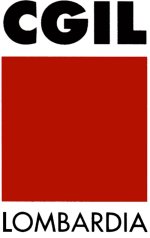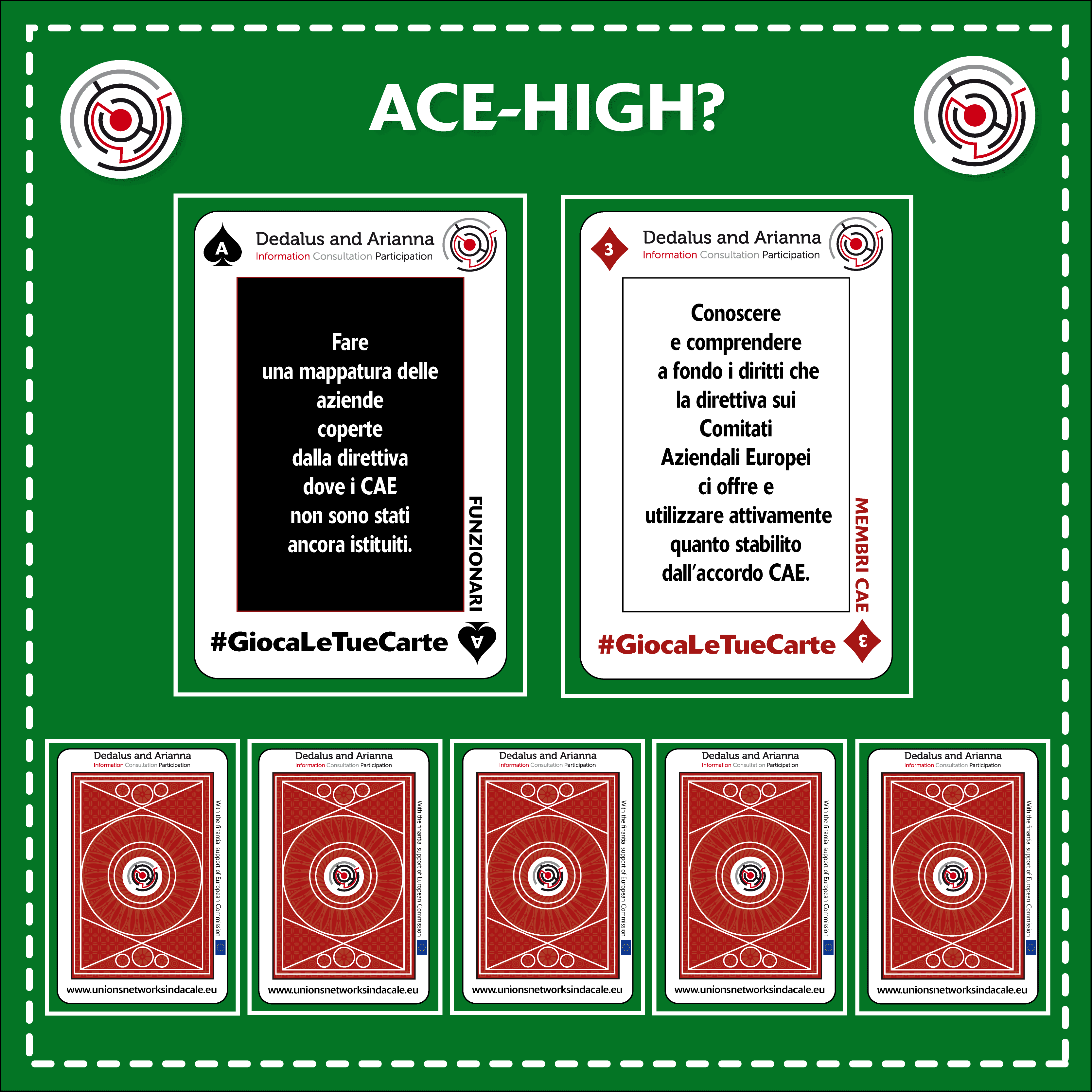
Training Module
Two fundamental characteristics were taken into account in constructing the training project: model experimentation and unit modularity.
The training objectives are to provide EWC members with effective and practical information tools. In this connection, the topics suggested are:
- EWC in a historical perspective, its role in industrial relations, its evolution and potential development
- The role of EWC members, at a transnational, national and local level
- Multinational companies and the frontier of transnational framework agreements – criticalities and opportunities
- Levels of negotiation and the role of EWC as a part of a multi-level network
- The multi-cultural dimension in European trade-unionism
- The presentation of best practices
- The good EWC meeting
This path was structured into 2.5 days of class work, with each topic was split into units, so as to make it possible to readjust the entire path based on specific needs, while keeping the training objective in mind as a guideline.
The methods used were: lectures by experts on a number of different subjects, moderated debate and exchange and teamwork. The decision to use interactive methods was motivated by the need to create numerous discussion opportunities among participants, to forge additional links between theory and practice.
Also, when building the work groups, a precise methodological choice was made: every group included participants from different countries. This methodological choice raises, in some cases, the problem of language barriers, but mirrors the context and situation experienced when one is part of a EWC.
The session of best practices and that of the good EWC meeting were those with the strongest connection to practical activity.
During the presentation of best practices, a number of experiences and evaluations emerged, as shown below:
- Making joint declarations,
- Paying attention to different approaches (tones of communication),
- Anticipating and managing change,
- Pitfalls in consultation processes: often, only information is provided,
- Need to create training paths for EWC members, in order to strengthen real competence in the use of tools provided by the EWC founding agreements,
- Personal motivation is important for doing a good job within an EWC,
- Creating a standardised information and consultation procedure usefully supports the activity (always having available and documented information, always defining timeframes, giving EWC members a single set of information to be circulated among workers and their local representatives… ),
- A web platform is an effective tool for exchange and networking,
- Need to constantly involve local worker representatives.
Elements of this type have enriched the contents throughout the project, adding further information, passing on useful practices within the whole group of participants.
TRAINING MATERIALS
 |
Socialization Activities | ||||||
 |
ICARUS Project – Presentation | ||||||
 |
Partecipation in Europe | ||||||
 |
Groupal Activities | ||||||
 |
Role of the multinationals in the industrial relationships | ||||||
 |
The transnational agreements | ||||||
 |
Intercultural activities | ||||||
This project has been funded with support from the European Commission. This publication reflects the views only of the author, and the Commission cannot be held responsible for any use which may be made of the information contained therein.
Downloads
- REPORT FINALE ICARUS (261.1 KiB, 1,772 hits)
 Coorindamento per andare oltre la direttiva
Coorindamento per andare oltre la direttiva
Date: Wed Sep 30 13:31 A cosa servono i CAE
A cosa servono i CAE
Date: Wed Sep 30 13:28 Statistiche sui CAE
Statistiche sui CAE
Date: Wed Sep 30 13:20
-

-

ANTONIO ZAGARI – EWC SUEZ, FIOM CGIL, MILAN
12 September 2016 By Dedalus -

MARIO ONGARO – THE COORDINATOR OF FISAC CGIL INTERNATIONAL DEPARTMENT
12 September 2016 By Dedalus
-

José Manuel López Viñolo, EWC Saica Pack, CCOO de Catalunya
16 February 2016 By Dedalus -

Andrea Capelli – Solvay EWC, Filctem Cgil, Milan
12 July 2016 By Dedalus -

-

GIULIO REGENI – UNDERSTANDING THE EGYPTIAN DEMOCRATIC WORKERS MOVEMENT
12 September 2016 By Dedalus -

Sonia Cattaneo – EWC Air Liquide, FEMCA CISL Milan
15 February 2016 By Dedalus -

Juan Ramón Amorós, EWC Boehringer-Ingelheim, CCOO
16 February 2016 By CCOO de Catalunya

Sito web a cura del Dipartimento Internazionale di CGIL Lombardia: internazionale@cgil.lombardia.it (Responsabile Fabio Ghelfi).


